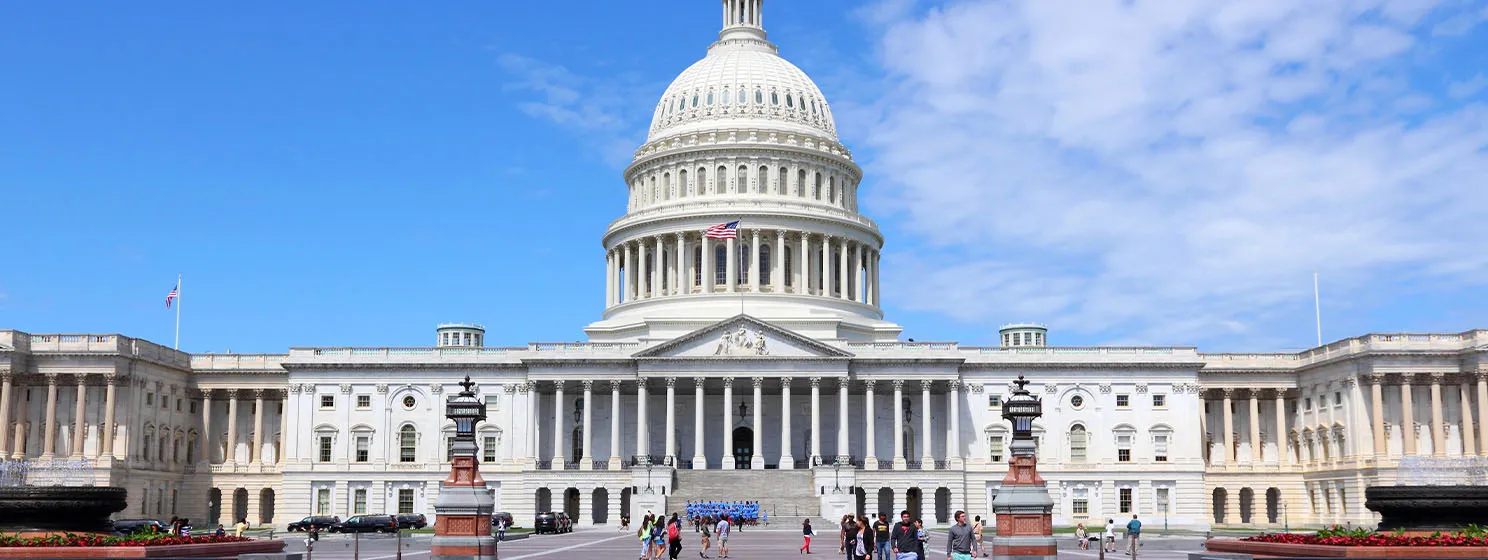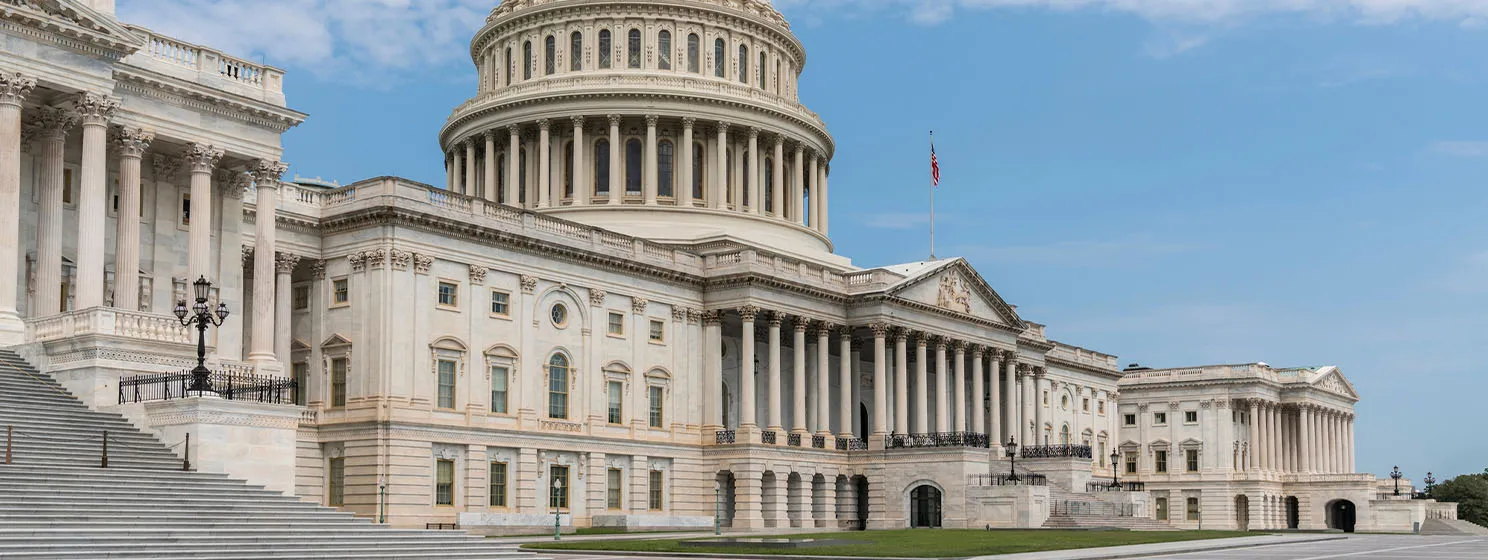
European Union
UNISOT, PSU China team up for supply chain business intelligence
UNISOT revealed a new partnership with business intelligence and research firm PSU China, which will combine its data with UNISOT's...
2024: Year in regulation for digital assets
In 2024, key trends in the blockchain space include global authorities focusing on regulating stablecoins, block reward mining, and enforcing...
Ripple launches stablecoin; Tether invests in EU lifeboats
Ripple says choosing NYDFS for its newly minted RLUSD will help increase the token's acceptance. Elsewhere, Tether continues to look...
Developer Pieter Den Dooven tackles mintBlue, on-chain data
In this episode of the CoinGeek Weekly Livestream, Bitcoin developer Pieter Den Dooven delves into the evolution of mintBlue, regulations,...
German-based 21X obtains EU license, eyes tokenization platform
Germany-based 21X received full approval from Germany’s financial authority, BaFIN. Meanwhile, MGA has been licensed by Italian authorities to operate...
BIS, 7 other banks publish CBDC policy, design considerations
The central banks included England, Japan and the European Union, and delved into privacy, preventing crime, the two-tier system, cybersecurity,...

 07-14-2025
07-14-2025 






























